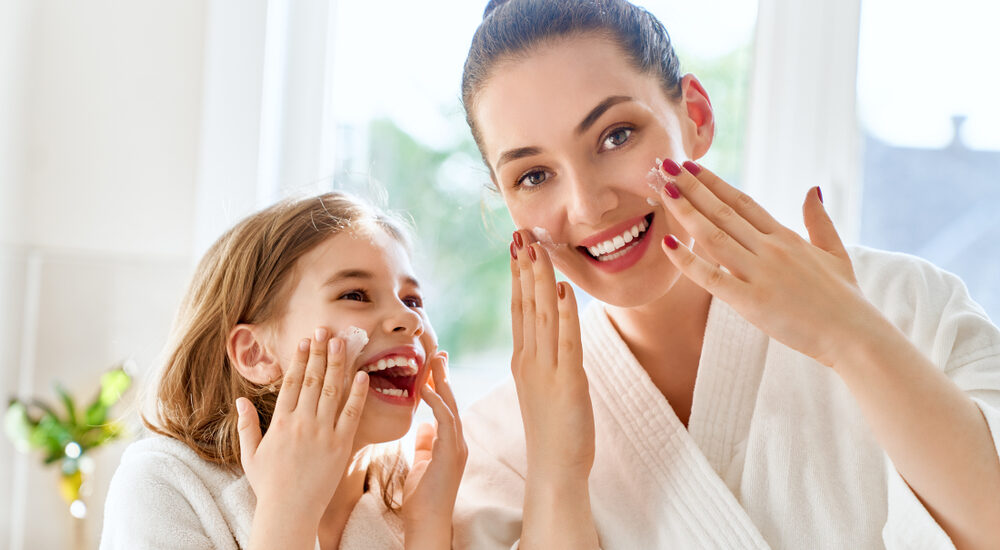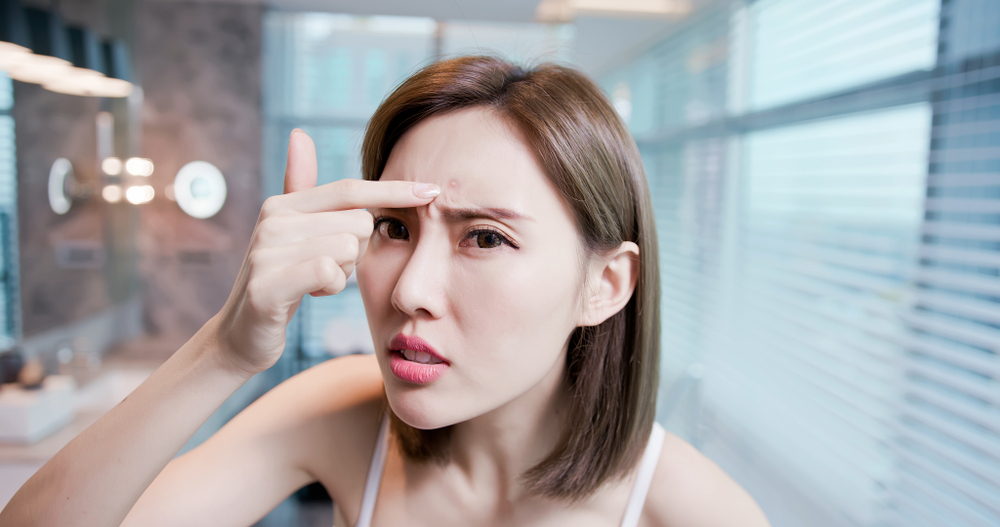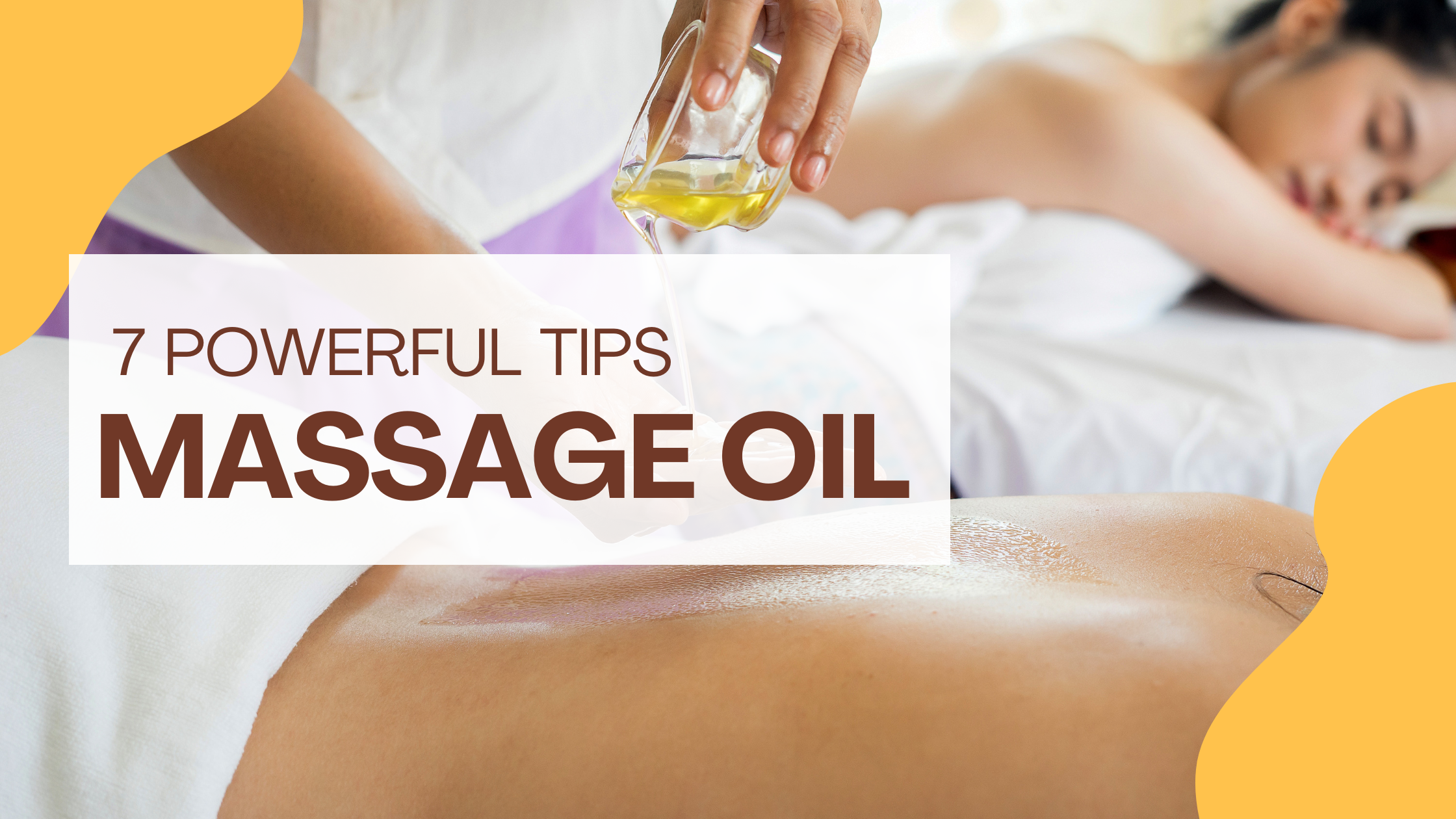Best Skin Care Routine for Acne
In this article, we will explore the Best Skin Care Routine for Acne. Dealing with acne-prone skin can be a challenging and frustrating experience for many individuals. Acne not only affects our physical appearance but can also have a significant impact on our self-esteem and confidence. Fortunately, with the best skin care routine for acne, it is possible to manage and improve acne-prone skin effectively.
WATCH VIDEO: HOW I GOT RID OF ACNE
Understanding Acne-Prone Skin
Before diving into the best skin care routine, it is essential to understand what acne-prone skin is. Acne-prone skin is characterized by an overproduction of sebum, which leads to clogged pores and the formation of acne lesions. Factors such as genetics, hormones, and environmental influences play a role in the development of acne.
The Importance of a Skin Care Routine
A consistent and well-thought-out skin care routine is crucial for acne-prone skin. A good routine can help regulate sebum production, unclog pores, reduce inflammation, and promote overall skin health.

Identifying Your Skin Type
Before starting any skin care routine, it’s essential to identify your skin type accurately. Acne-prone skin can be oily, dry, or a combination of both. Realizing your skin type will assist you with picking the right items and medicines.
Step 1: Cleansing
Purifying is the underpinning of any healthy skin schedule. For acne-prone skin, using a gentle cleanser that won’t strip the skin’s natural oils is vital. Avoid harsh ingredients like sulfates and opt for a cleanser that suits your skin type.
Step 2: Exfoliating
Shedding assists remove with dead cleaning cells, unclog pores, and further develop skin surface. However, for acne-prone skin, it’s essential to use gentle exfoliants to avoid irritation and inflammation.
Step 3: Toning
Toning helps balance the skin’s pH and prepares it for the next steps of the routine. Alcohol-free toners with soothing ingredients are best for acne-prone skin.
Step 4: Treating Acne
Spot treatments can be highly effective in targeting individual pimples. Ingredients like benzoyl peroxide and salicylic acid are commonly used to combat acne. Natural alternatives like tea tree oil can also be beneficial.
Step 5: Moisturizing
Contrary to popular belief, acne-prone skin still needs hydration and moisture. Non-comedogenic moisturizers are the best choice, and it’s essential to understand the difference between hydration and moisture.
Step 6: Sun Protection
Shielding your skin from the sun is pivotal, particularly while managing skin inflammation. Look for a sunscreen that is non-comedogenic and offers both SPF and broad-spectrum protection.
Step 7: Incorporating Serums and Treatments
Serums can provide an extra boost of nutrients to the skin. Vitamin C is particularly beneficial for acne-prone skin, as it aids in brightening and reducing inflammation. Hyaluronic acid and niacinamide are also worth considering.
Step 8: Nighttime Routine
Nighttime is the perfect opportunity to provide your skin with some extra care. Night creams and oils can help repair and rejuvenate the skin while you sleep. Overnight masks are another option to consider.
PEOPLE ALSO LIKE TO READ : Skin Care Gorgeous in Grey
Understanding Acne Triggers
In addition to a proper skincare routine, it’s essential to be mindful of acne triggers. Diet, stress, hormones, and external irritants can all play a role in acne development.
Lifestyle Tips for Acne-Prone Skin
Alongside a consistent skincare routine, certain lifestyle habits can contribute to better skin health. Maintaining a healthy diet, managing stress levels, and getting enough sleep are essential factors to consider.
READ MORE ABOUT 10 BEST SKIN CARE ROUTINE FOR ACNE
Conclusion
Dealing with acne-prone skin requires patience, consistency, and a well-crafted skincare routine. By understanding your skin type, using the right products, and adopting a healthy lifestyle, you can unlock the secrets to clearer and healthier skin. Remember that everyone’s skin is unique, so don’t be afraid to experiment and find what works best for you.
FAQs
1. Can I skip moisturizer if I have acne-prone skin?
While it might be tempting to skip moisturizer, it’s not advisable. Acne-prone skin needs hydration too, and using a non-comedogenic moisturizer can help balance your skin’s moisture levels.
2. How often should I exfoliate my acne-prone skin?
Exfoliation should be done 2-3 times a week for acne-prone skin. Over-exfoliating can lead to irritation and worsen acne.
3. Are natural remedies effective for treating acne?
Some natural ingredients, like tea tree oil and aloe vera, can be effective in treating acne. However, results may vary, and it’s essential to patch test before using any new remedy.
4. Can stress cause acne breakouts?
Yes, stress can contribute to acne breakouts. When under stress, the body produces more cortisol, which can lead to increased sebum production and acne development.
5. Is it necessary to wear sunscreen indoors for acne-prone skin?
Yes, wearing sunscreen indoors is still important. UV rays can penetrate windows and contribute to skin damage and acne exacerbation.














